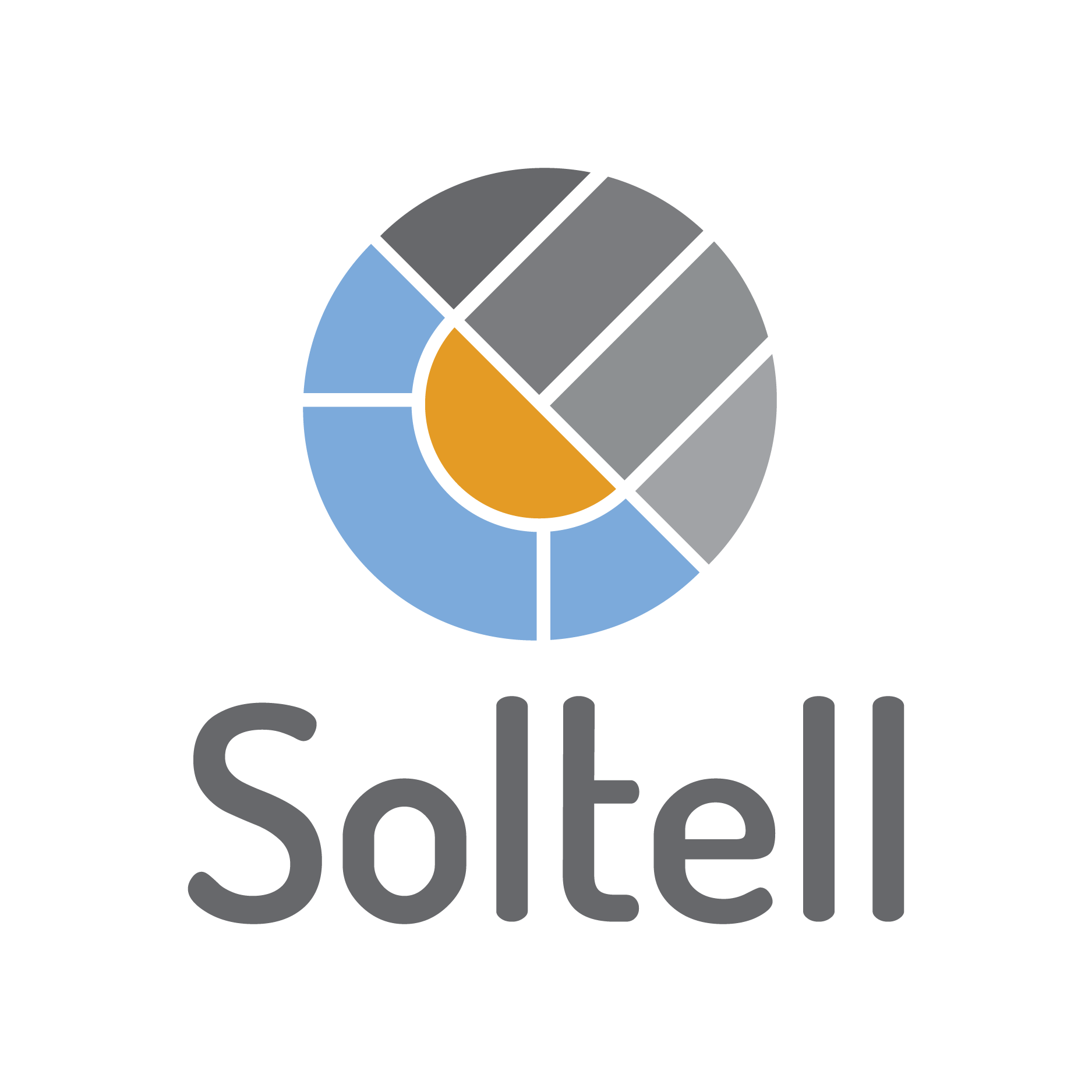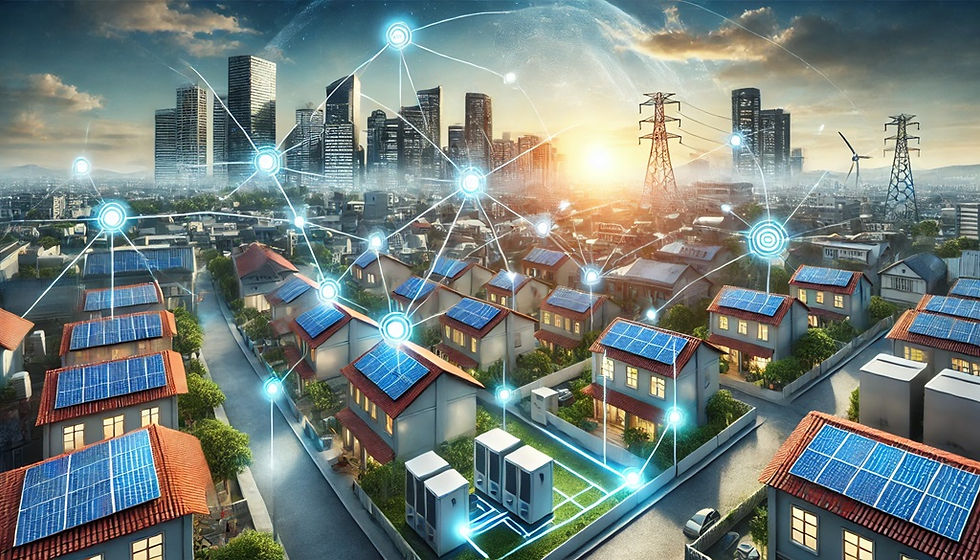Importance of communications for proper control and monitoring of a decentralized solar PV facility
- Soltell Admin

- Dec 7, 2021
- 3 min read
Updated: Jan 2
In this discussion, we explore the critical role of reliable communication systems in ensuring the proper functionality, control, and monitoring of a decentralized solar photovoltaic (PV) facility. Effective communication is the backbone of solar PV operations, enabling seamless data exchange between components such as inverters, sensors, and energy management systems (EMS). These systems are vital for tracking performance, diagnosing issues, and optimizing energy output, ensuring uninterrupted power generation.
Without robust communication infrastructure, decentralized solar PV facilities face significant risks, including data delays, corrupted performance metrics, and inefficient energy distribution. Such challenges can undermine system reliability, reduce energy yield, and complicate maintenance efforts. On the other hand, a well-designed communication network ensures that monitoring and control systems work harmoniously to provide real-time data, automate alerts, and enable proactive decision-making.

Diagnosing a communication issue is often straightforward. In the event of a data communication interruption, start with a basic inspection of the communication devices. In most cases, the problem arises from an internet connection issue, such as a modem fault or a router communication problem. Simply rebooting these devices can often resolve the issue.
For more challenging cases, the issue may involve physical damage to communication cables or incorrect network settings. In such situations, it’s advisable to seek assistance from a communication technician experienced in working with solar loggers. However, some cases are more complex, involving systemic data corruption at the source—either at the site equipment or on the relevant servers. These issues can lead to corrupted data points, complicating manual monitoring and causing automated alerts to malfunction or behave erratically. By addressing these issues methodically, you can restore communication efficiency and ensure smooth operation.

Lack of knowledge about the state of the system in terms of data monitoring necessitates an almost daily physical inspection to make sure that the photovoltaic facility is operating properly. Worse - the physical examination must be done by a person (and preferably a skilled person) and therefore it is not worthwhile neither in terms of work time nor in terms of cost-benefit. At the same time, monitoring and control systems that simplify the daily inspection, depend entirely on the proper functioning of the data communication complex - a system that includes a logger for inverters, a modem with Internet access and sometimes a router that interconnects them. Yes on the physical side (communication cables) as well as on the digital side (calibration and settings) - the communication is vulnerable and requires maintenance and periodic inspection.
Most energy monitoring portals provide warnings for communication delays or data upload errors in solar PV systems. For example, the Sunny Portal by SMA records a log message and sends an email notification, while Fronius SolarWeb records a log message and sends a notification. However, for more complex scenarios, the SysMap solution by Soltell Systems goes beyond standard warnings. It not only supports communication delay and error notifications but also externally evaluates data integrity and quality. This capability allows it to issue warnings for flawed or corrupted power data or to filter out such data when necessary, ensuring more accurate and reliable control and energy management features.
Looking to integrate advanced technology into your energy management software, or a solar service application? Fill-in the demo request form to get more details.




Comentarios